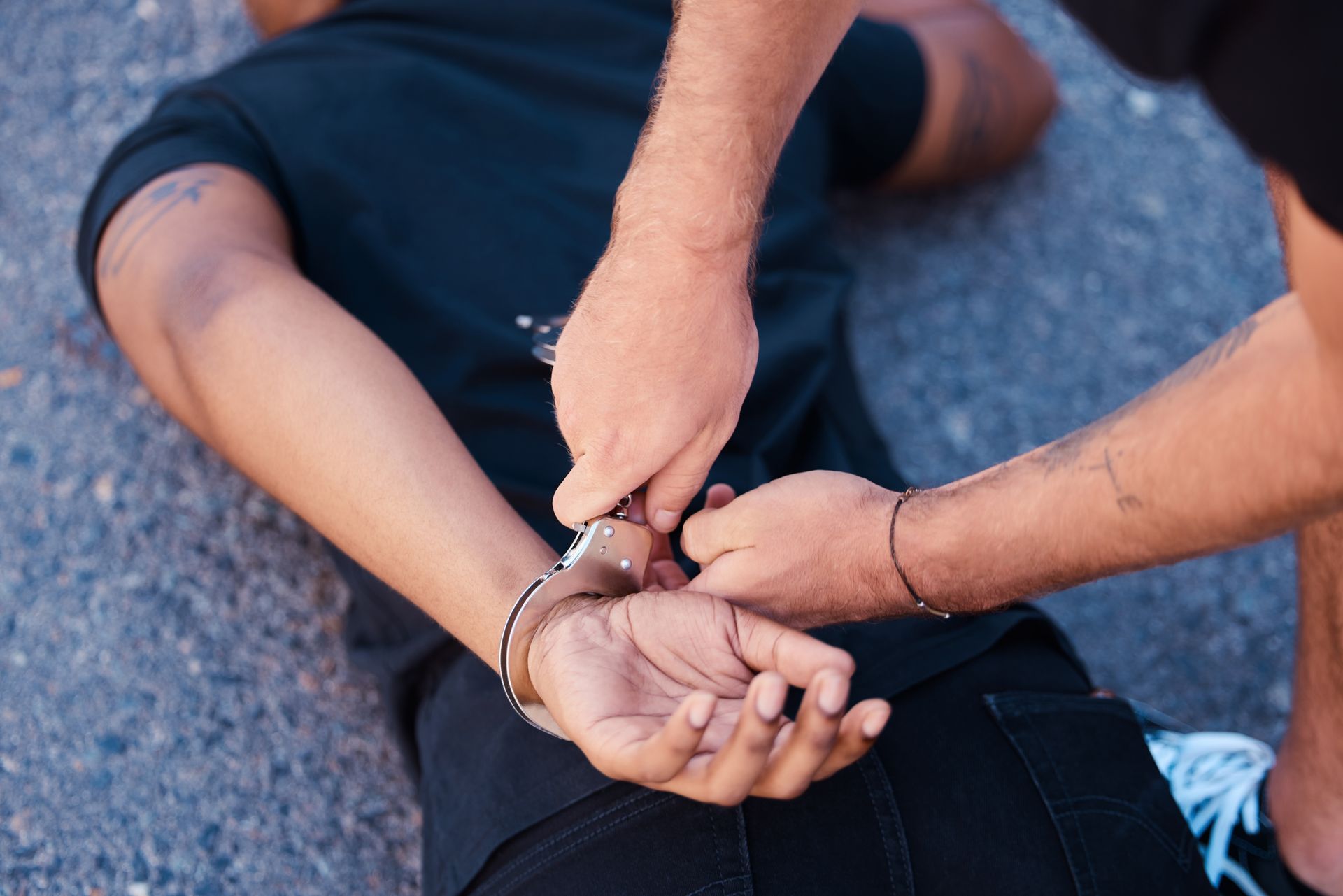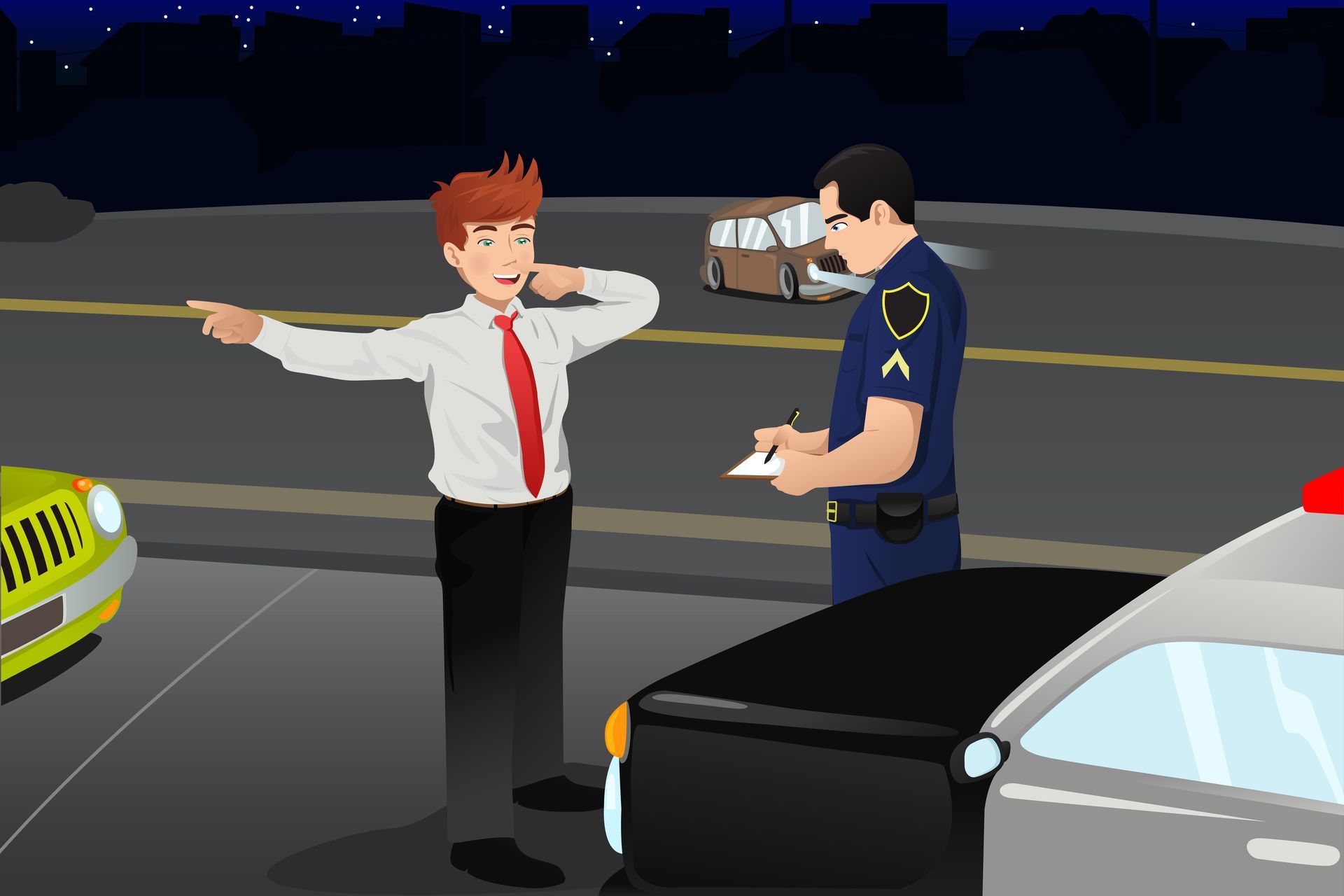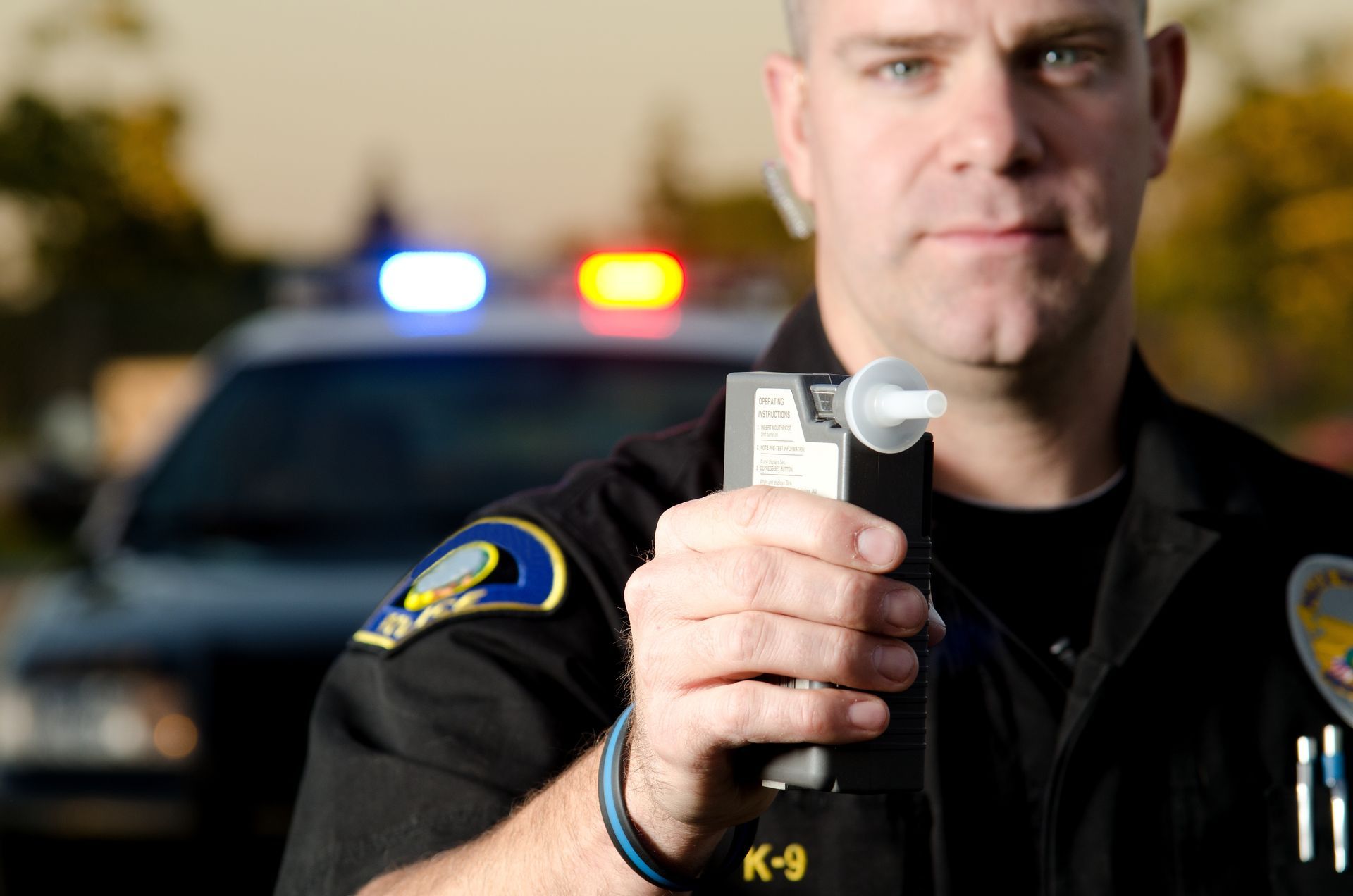What Happens if You’re Arrested for a Crime You Didn’t Commit?

Just the thought of being wrongly accused makes a lot of people anxious. A single case of mistaken identity, a false accusation, or a misunderstanding could potentially change your life forever.
These Situations Are More Common Than Many People Think
Imagine a scenario where a friend calls you and asks for a ride. Not long after you pick them up, you’re pulled over, and multiple police cruisers show up. It turns out your friend allegedly robbed a convenience store before they called you. You had no idea but are now being charged as an accessory.
From a legal standpoint, the prosecution would need to prove that you knowingly aided or facilitated the crime after it occurred to convict you as an accessory. In Arizona, this typically falls under facilitation (ARS 13‑1004) or hindering prosecution (ARS 13‑2510), depending on whether you knew about the crime and intended to help your friend avoid arrest.
If you genuinely had no knowledge of the robbery, your defense will focus on showing lack of intent and awareness, both of which are key elements prosecutors must establish to move forward with charges.
Will You Still Be Arrested if You Explain the Situation to the Police?
Yes, if you’re driving someone who just committed a robbery, and you’re pulled over minutes later with them in your car, that alone can give police probable cause to arrest you. They don’t need to prove intent right away. All they require are enough facts to reasonably suspect your involvement.
Prosecutors Can File Charges and Build the Case Later
Once you’re arrested, prosecutors can file charges while still investigating. They’ll review police reports, body cam footage, your statements (if any), and what the suspect says. If the case is weak or no clear intent is found, they might drop the charges later. However, you can still end up booked and arraigned.
Circumstantial Evidence Can Support a Conviction, but Not Always
Prosecutors have a much higher evidentiary requirement to convict than police do to detain you. Just transporting a person accused of robbery isn’t enough to convict.
Prosecutors would need to show you knew about the robbery or were actively helping your friend avoid arrest. They will likely consider:
- What you said to police (or didn’t)
- How soon after the crime you picked your friend up
- Whether you acted suspiciously or fled
- What the friend says about your involvement
- Whether stolen goods or weapons were found in your vehicle
It is possible for circumstantial evidence to lead to a conviction, but only if it clearly points to knowledge and intent. If you genuinely didn’t know, and there’s no evidence you did, your defense attorney’s job is to highlight that lack of intent early and clearly.
In the above example, if your friend texted you 30 minutes after the robbery and was waiting a mile away from the scene when you picked them up, you might have a relatively strong case. Your defense attorney can use the text messages that said nothing about a robbery, your distance from the convenience store when the robbery occurred, and the timeline of events to show you weren’t involved and didn’t know what your friend had done when you agreed to pick them up.
There might also be evidence, like surveillance footage of the crime scene and your apartment complex. This could help establish that your vehicle was parked where you lived and was nowhere near the convenience store at the time of the robbery.
Every situation is unique, and your defense will depend on the evidence available as well as your defense attorney’s commitment to investigating the situation.
Other Types of Scenarios Where Innocent People Get Arrested
You were present during a fight but didn’t participate.
Police arrive after the fact, and someone mistakes you for one of the aggressors, or you’re simply grouped in with the crowd because you were standing nearby.
You tried to break up a fight.
In a chaotic moment, someone sees you put hands on someone else, and claims you were part of the assault. Your claim to have been intervening rather than participating may not matter to the officers responding to the call.
You were at a party where drugs or weapons were found.
When officers can’t immediately determine who brought what, it’s not uncommon for everyone to be arrested while they sort it out later.
You ran or panicked when police told you to stop.
Even if you were just scared, running from a scene makes you look suspicious and can lead to arrest, especially if no one else is talking.
You matched the description of someone accused of a crime.
A witness reports that the suspect was wearing a dark hoodie and jeans, and you happen to be nearby wearing similar clothes. Police detain you based on the limited description, and you’re arrested before any further evidence is reviewed, even though you had nothing to do with the crime.
You live with or are related to the actual suspect
If police execute a warrant or respond to a domestic disturbance and aren’t sure who did what, you might get arrested as part of a precaution or due to a conflicting statement.
You gave a statement that conflicted with others’ accounts
Police perceive inconsistencies as evidence of involvement or lying, especially if you're nervous, confused, or intoxicated.
You had what you believed was a completely consensual sexual encounter.
The next day, the other person files a report claiming they were assaulted. There was no force, no threat, and no indication during the encounter that anything was wrong, but now you’re facing a serious criminal accusation based entirely on their statement.
These Nightmare Scenarios Happen to Innocent People Every Day
While it’s true that associating with or living with people who commit crimes means you’re more likely to experience some of these scenarios, many of them can happen to anyone. Even seemingly straightforward cases of misidentification can lead to stressful, time-consuming, and potentially expensive legal proceedings.
Finding an experienced criminal defense attorney who will put in the time and effort to prove your innocence can be one of the most important decisions of your life. Michael Alarid III, an Arizona Board-Certified Specialist in Criminal Law, is ready to fight for you. Call (602) 818-3110 for a free case evaluation.



